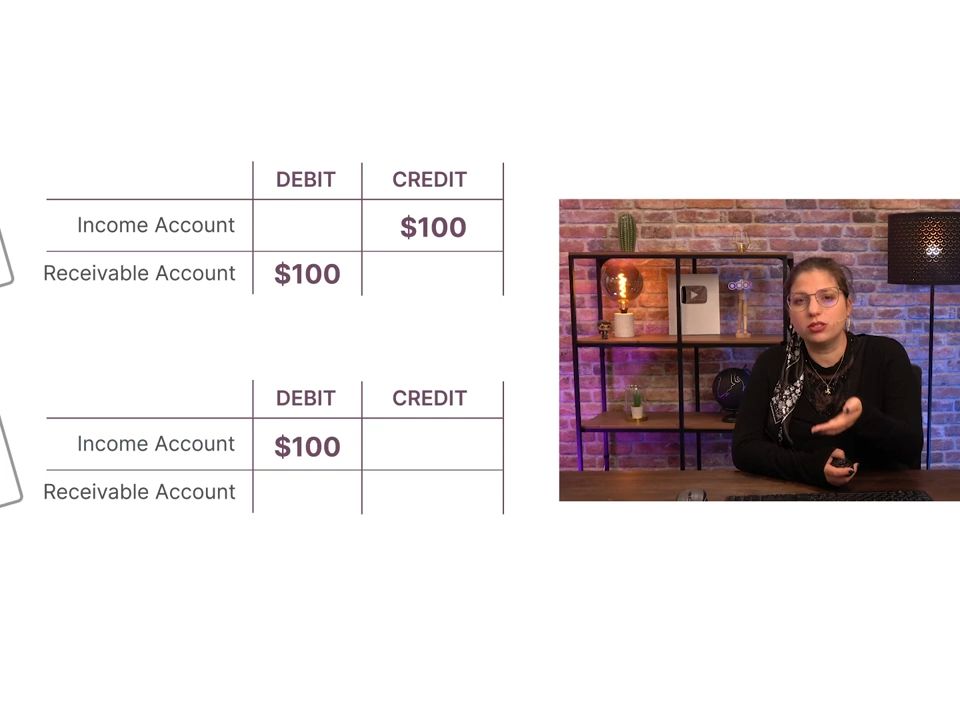Does Cosigning a Loan Affect My Credit? Here's What You Need to Know
Guide or Summary:Cosigning a Loan: What Is It?How Does Cosigning Affect Your Credit Score?Positive Impacts of CosigningNegative Impacts of CosigningSteps to……
Guide or Summary:
- Cosigning a Loan: What Is It?
- How Does Cosigning Affect Your Credit Score?
- Positive Impacts of Cosigning
- Negative Impacts of Cosigning
- Steps to Minimize Negative Impacts
Cosigning a loan can be a significant step in helping a friend or family member achieve their financial goals. However, it's essential to be aware of the potential impact on your credit score. In this guide, we'll explore how cosigning a loan can affect your credit and what steps you can take to minimize any negative effects.
Cosigning a Loan: What Is It?
Cosigning a loan means agreeing to take on the financial responsibility for another person's debt if they fail to make payments. This arrangement can be beneficial for the primary borrower, who may have a lower credit score or insufficient credit history to qualify for a loan on their own. As a cosigner, you are essentially guaranteeing the repayment of the loan, which can increase the likelihood of the loan being approved.
How Does Cosigning Affect Your Credit Score?
Your credit score is a crucial factor in determining your financial health. When you cosign on a loan, the credit bureaus will add the loan to your credit report. This addition can have both positive and negative implications for your credit score:
Positive Impacts of Cosigning
1. **Goodwill and Good Standing**: If the primary borrower makes timely payments, it can positively impact your credit score. This demonstrates your financial responsibility and can improve your credit standing over time.

2. **Shared Credit History**: By cosigning, you're adding a new credit account to your credit report. This can help build or strengthen your credit history, which is an essential factor in calculating your credit score.
Negative Impacts of Cosigning
1. **Credit Utilization**: Cosigning a loan increases your overall credit utilization ratio, which is the amount of credit you're using compared to your total available credit. A higher credit utilization ratio can negatively impact your credit score.
2. **Credit Inquiries**: Each time you apply for credit, including cosigning a loan, a hard inquiry is made on your credit report. Multiple hard inquiries within a short period can lower your credit score.
3. **Liability for Default**: If the primary borrower defaults on the loan, you are legally obligated to pay the debt. This can result in a significant negative impact on your credit score, including late payments, collections, and a drop in your credit score.

Steps to Minimize Negative Impacts
1. **Assess the Risk**: Before cosigning, evaluate the financial stability of the primary borrower. Consider their credit score, income, and payment history. A more stable borrower reduces the risk of default, thus minimizing the negative impact on your credit score.
2. **Keep Track of Your Credit Report**: Regularly monitor your credit report for any unauthorized accounts or inquiries related to the loan. This will help you identify and address any issues promptly.
3. **Maintain a Healthy Credit Utilization Ratio**: Avoid opening new credit accounts shortly before cosigning a loan. This can increase your credit utilization ratio and negatively impact your credit score.
4. **Consider Your Long-Term Credit Goals**: Weigh the benefits of cosigning against your long-term financial objectives. If the potential risks outweigh the benefits, consider alternative ways to support the primary borrower.

In conclusion, cosigning a loan can have both positive and negative effects on your credit score. By understanding the potential impacts and taking proactive steps to minimize risks, you can make informed decisions that align with your financial goals and credit health. Remember, your credit score is a critical component of your financial standing, and it's essential to protect and enhance it over time.